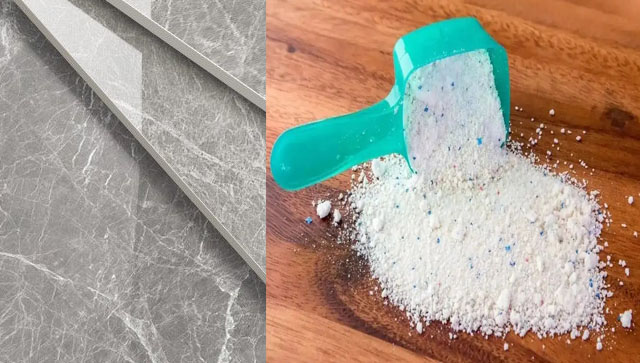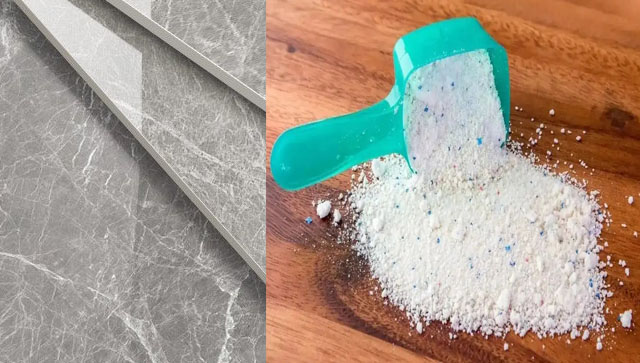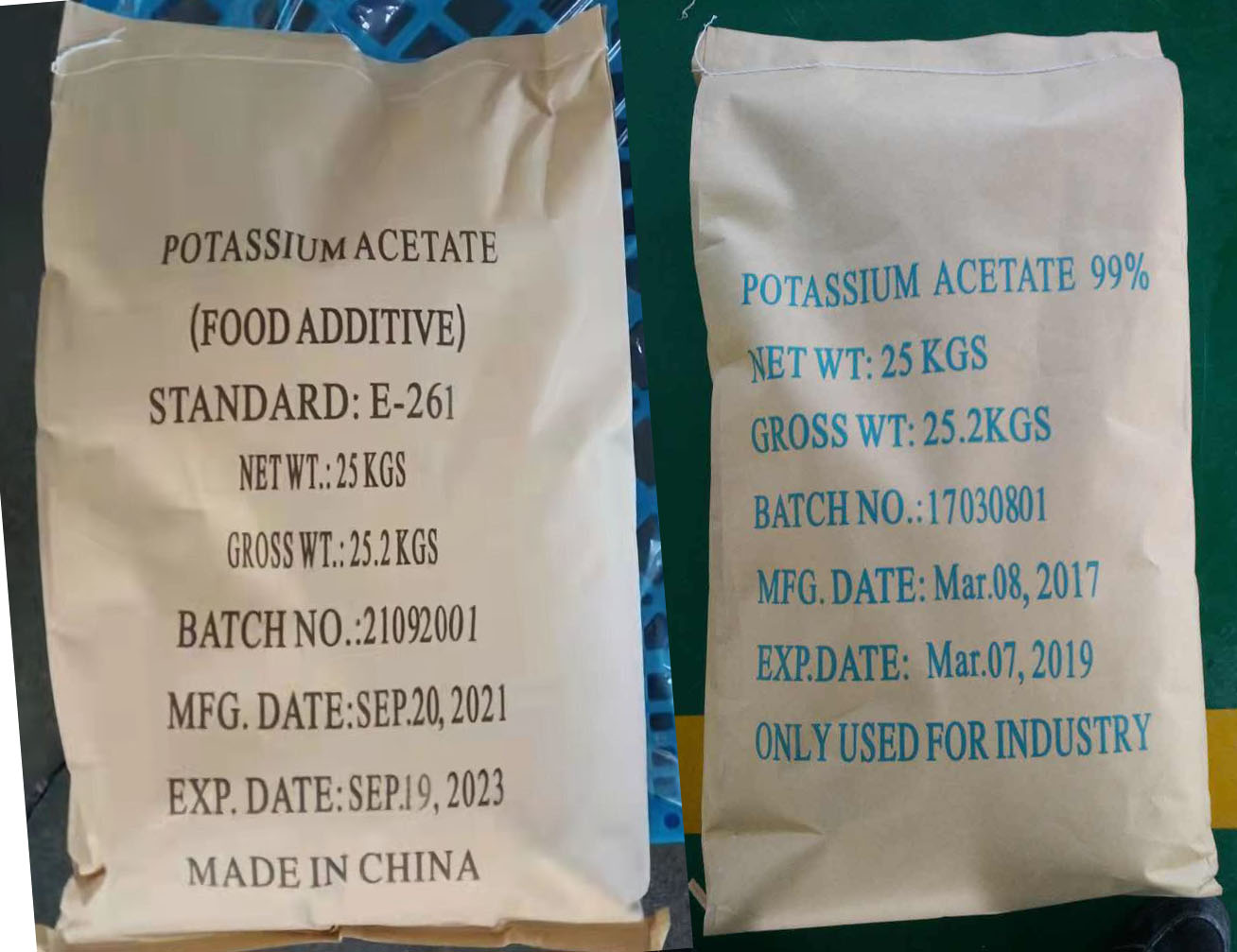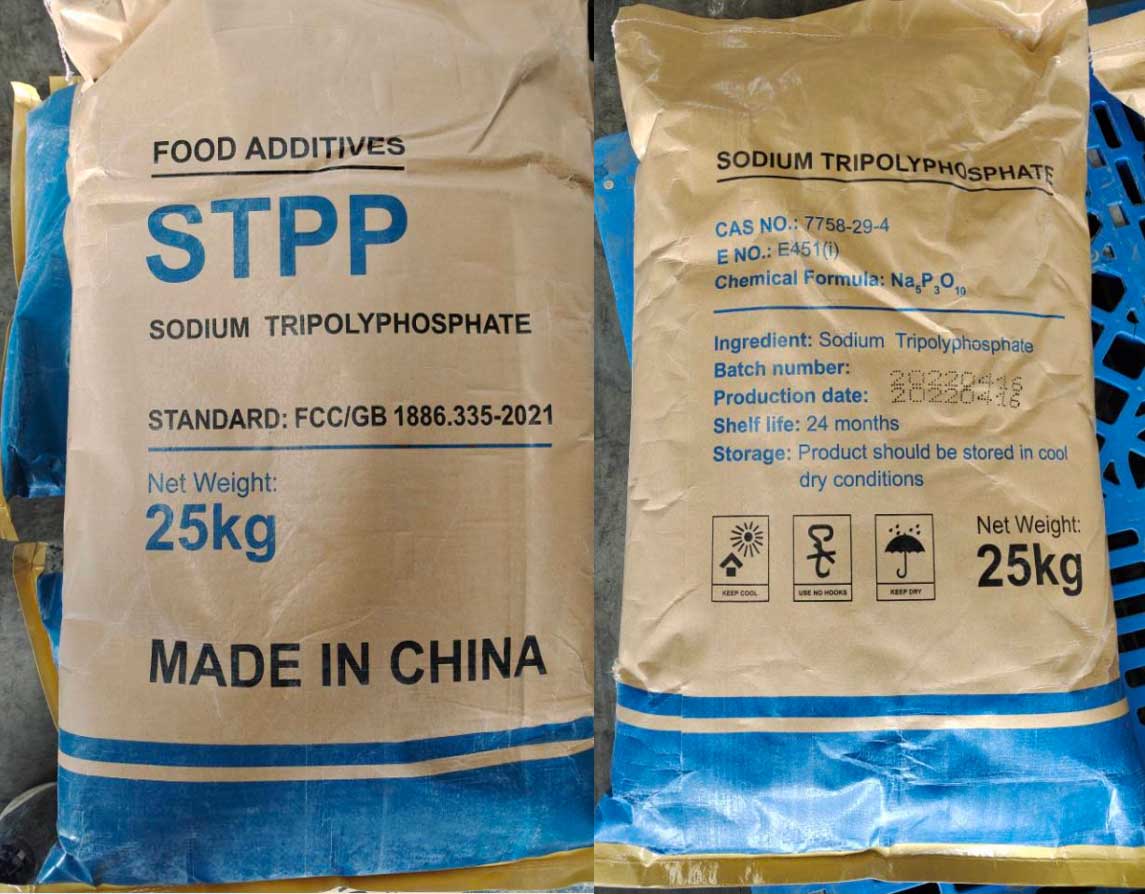Carboxymethyl Cellulose (CMC): A Versatile Additive in Various Industries
IntroductionCarboxymethyl Cellulose (CMC) is a widely used water-soluble polymer derived from cellulose. It has numerous applications in industries such as food, pharmaceuticals, cosmetics, textiles, and paper manufacturing. Its versatility and functional properties make it an essential additive in various formulations.
Chemical Composition and PropertiesCMC is produced by modifying natural cellulose through a carboxymethylation process, which enhances its water solubility and increases its viscosity. It is available in different grades, depending on its degree of substitution and molecular weight. Some key properties of CMC include:
Excellent water solubility
High viscosity and thickening ability
Good film-forming properties
Emulsification and suspension capabilities
Stability across a wide pH range
Applications of CMC
Food IndustryCMC is used as a thickener, stabilizer, and emulsifier in food products such as dairy items, sauces, and beverages. It improves texture, prevents syneresis in frozen foods, and enhances the shelf life of processed products.
PharmaceuticalsIn the pharmaceutical sector, CMC is employed as a binder in tablet formulations, a suspending agent in liquid medications, and a stabilizer in topical applications.
Cosmetics and Personal CareCMC is a common ingredient in skincare products, shampoos, and toothpaste. It provides viscosity, stabilizes emulsions, and ensures an even texture in cosmetic formulations.
Textile and Paper IndustriesThe textile industry uses CMC as a sizing agent and thickener in dyeing processes, while the paper industry utilizes it to improve paper strength and coating quality.
Oil DrillingCMC acts as a fluid-loss control agent in drilling muds, improving the efficiency and stability of drilling operations.
ConclusionCarboxymethyl Cellulose (CMC) is a highly valuable additive with extensive industrial applications. Its multifunctional properties, such as thickening, stabilizing, and emulsifying, make it indispensable across various sectors. Continuous research and development are expected to further expand its potential applications in the future.
CMC is widely used in the food industry for various purposes, including:
Thickening Agent: It enhances the texture and viscosity of food products such as soups, sauces, and dressings.
Stabilizer: Helps maintain the consistency and prevents ingredient separation in beverages, dairy products, and ice creams.
Emulsifier: Improves the uniform distribution of ingredients in food formulations, preventing oil and water from separating.
Moisture Retention: Prevents dryness in baked goods and extends their shelf life.
Fat Replacement: Used in low-fat or reduced-calorie foods to provide a creamy mouthfeel.
CMC is used in a variety of food products, including:
Dairy Products: Ice cream, yogurt, and cheese to enhance texture and prevent ice crystal formation.
Beverages: Fruit juices and soft drinks to improve suspension and stability.
Sauces and Dressings: Ketchup, mayonnaise, and salad dressings to maintain consistency and prevent separation.
Baked Goods: Bread, cakes, and pastries to improve moisture retention and shelf life.
Instant Noodles: Acts as a binder and thickener to enhance texture.
Meat Products: Helps retain moisture in processed meats like sausages and canned meats.
CMC is available in different specifications based on its degree of substitution (DS), viscosity, and purity, which determine its suitability for various applications. Here are the key specifications:
1. Degree of Substitution (DS)
Low DS (0.4–0.7): Limited water solubility, used in detergents and industrial applications.
Medium DS (0.7–0.9): Partially soluble, suitable for food and pharmaceutical applications.
High DS (0.9–1.2): Fully water-soluble, commonly used in cosmetics, food, and medical formulations.
2. Viscosity (Measured in mPa·s at 1% solution, 25°C)
Low Viscosity (10–100 mPa·s): Used in paper coatings, textile printing, and pharmaceuticals.
Medium Viscosity (100–3,000 mPa·s): Suitable for food, cosmetics, and general industrial applications.
High Viscosity (3,000–20,000+ mPa·s): Preferred for drilling fluids, adhesives, and high-thickness applications.
3. Purity Levels
Technical Grade: Used in oil drilling, detergents, and paper manufacturing.
Food Grade: Meets food safety standards, used in dairy, sauces, and bakery products.
Pharmaceutical Grade: Highly purified for medical and pharmaceutical formulations.




